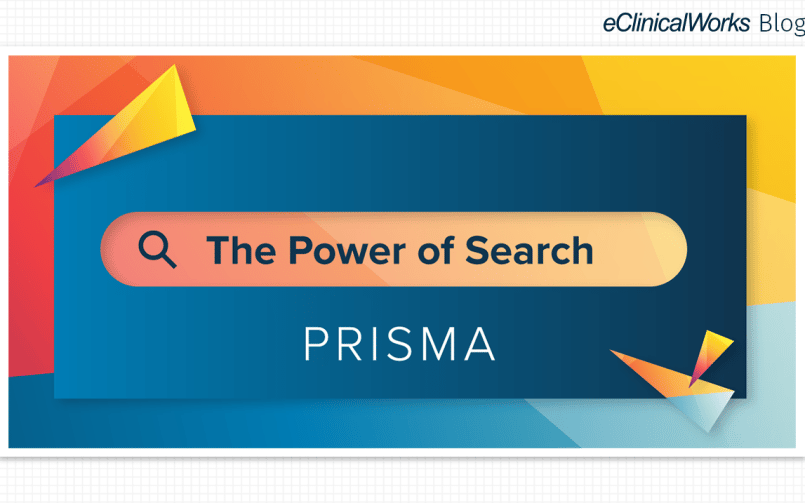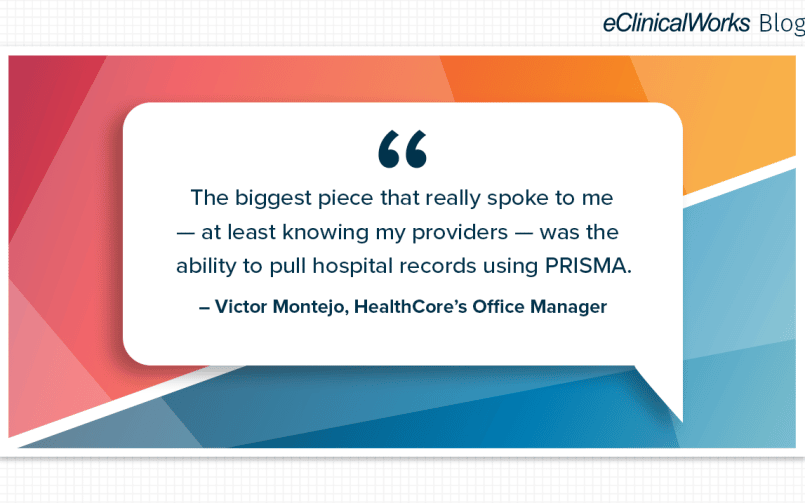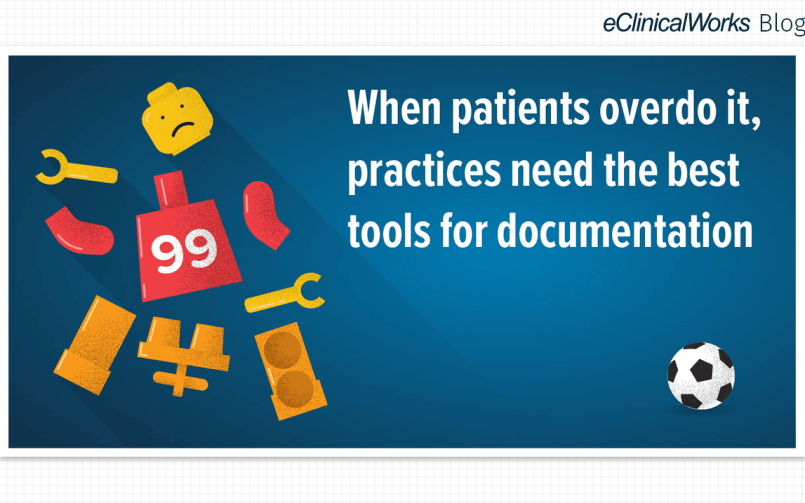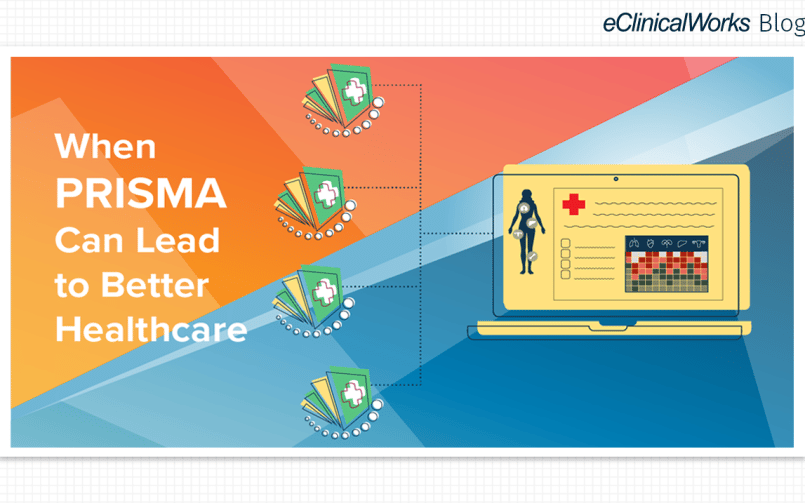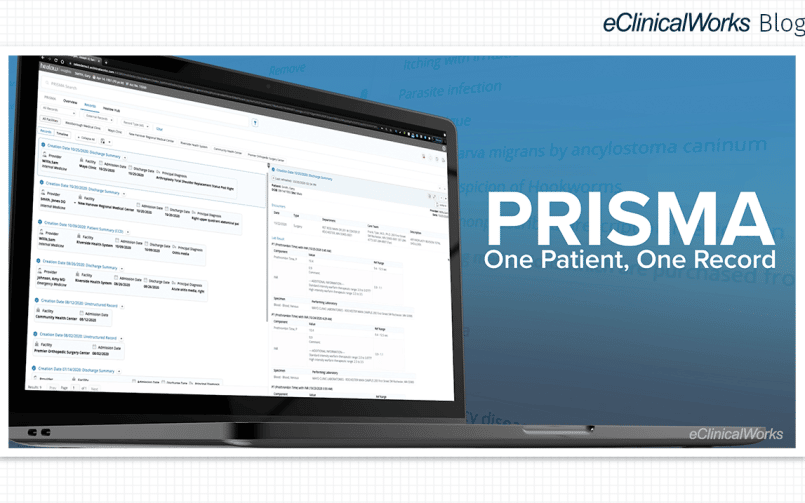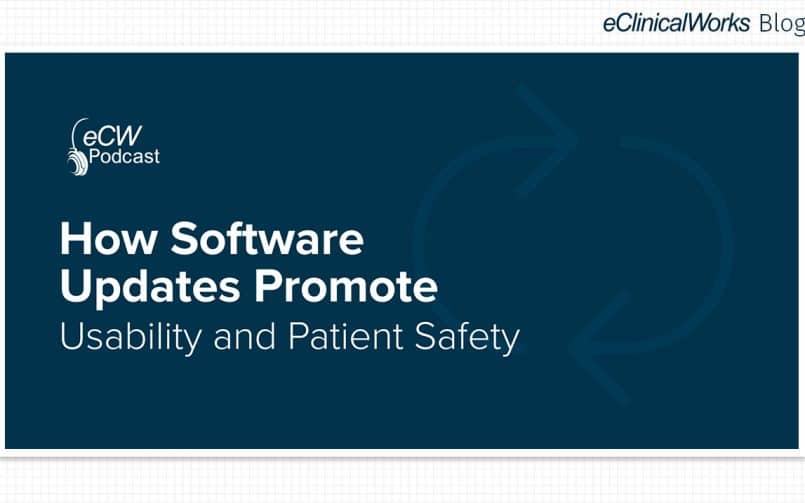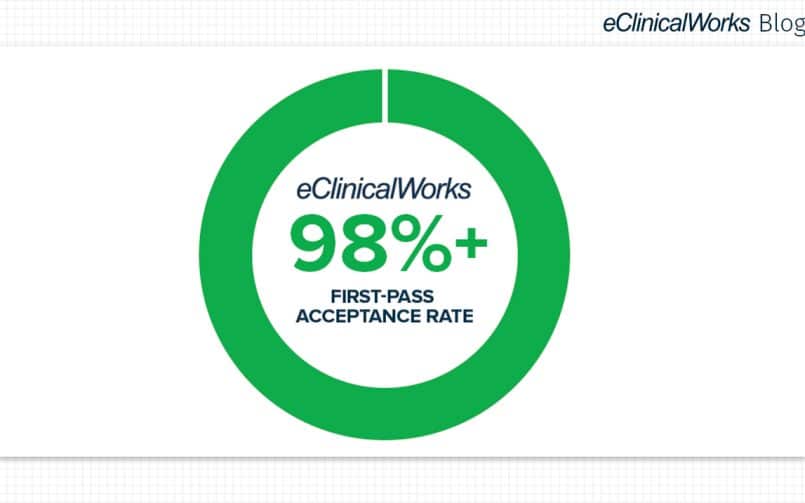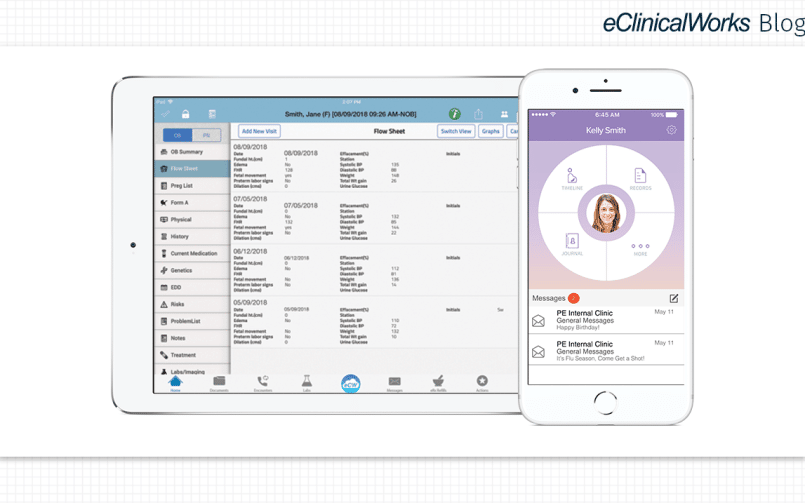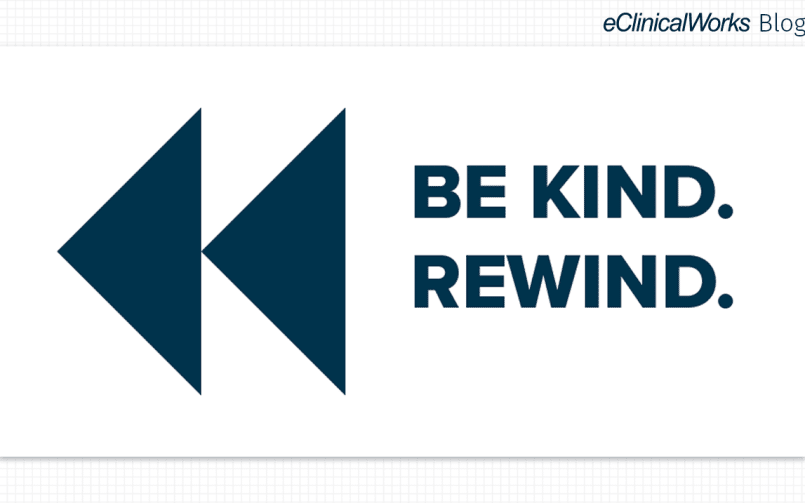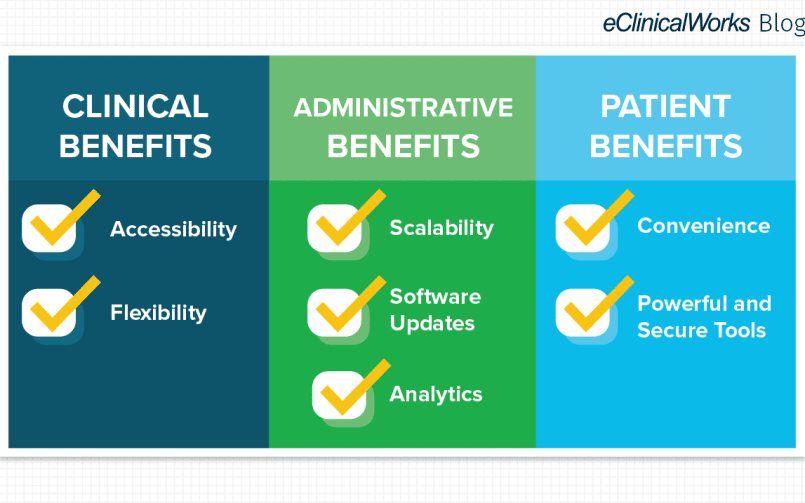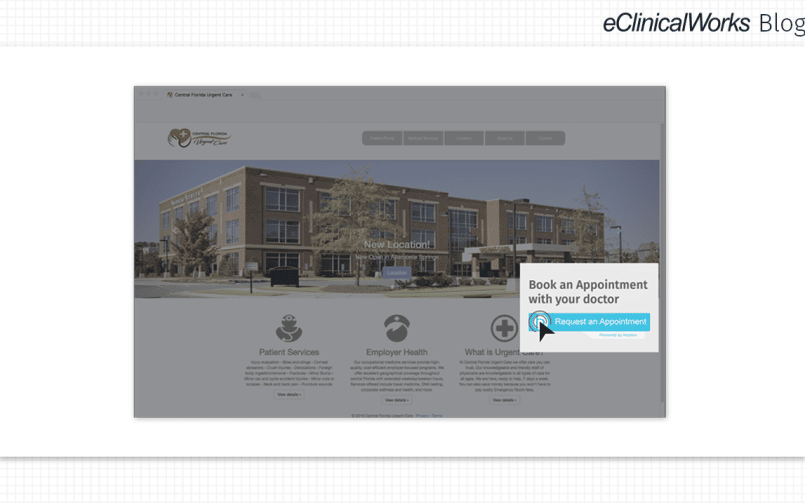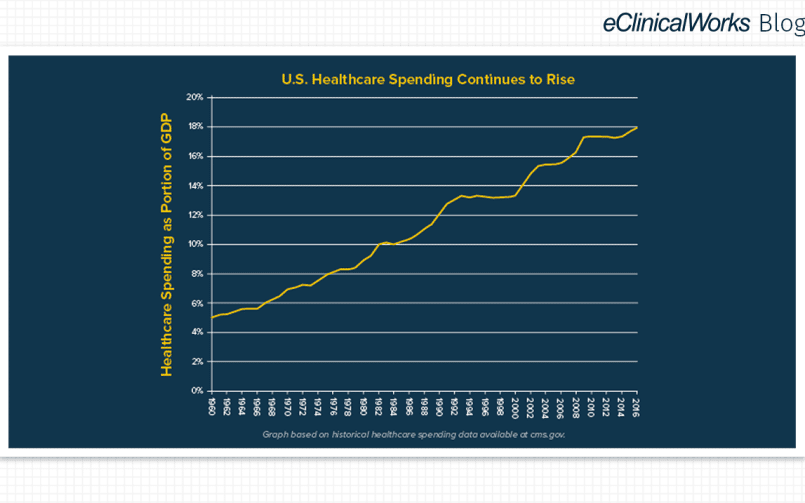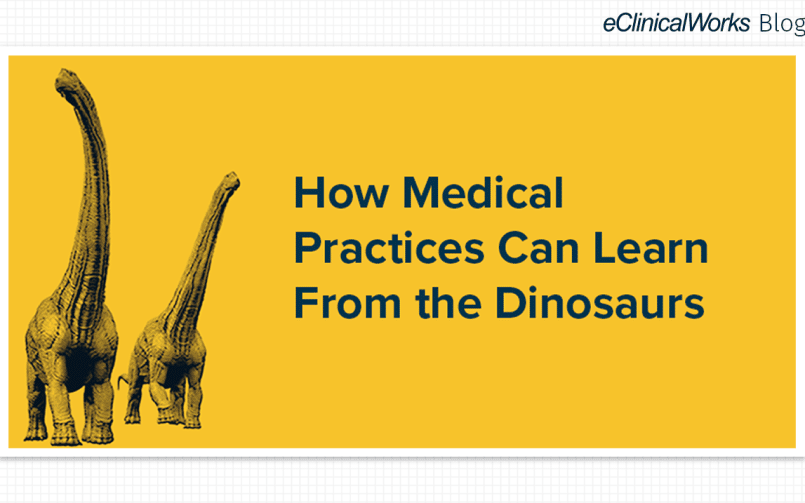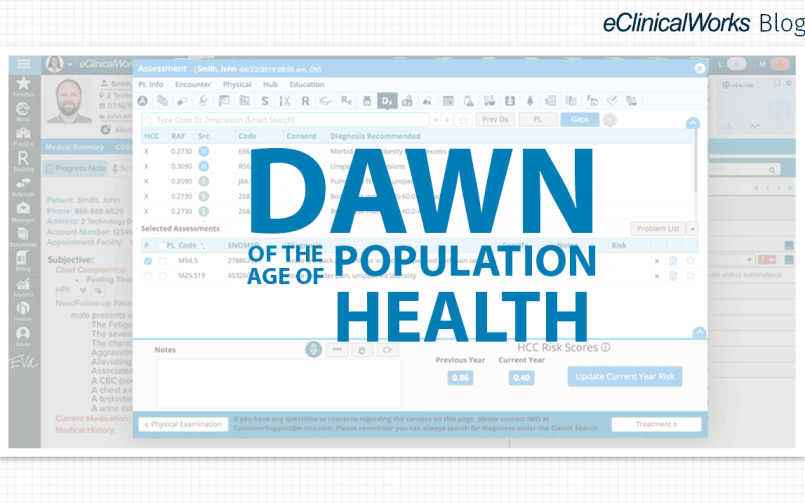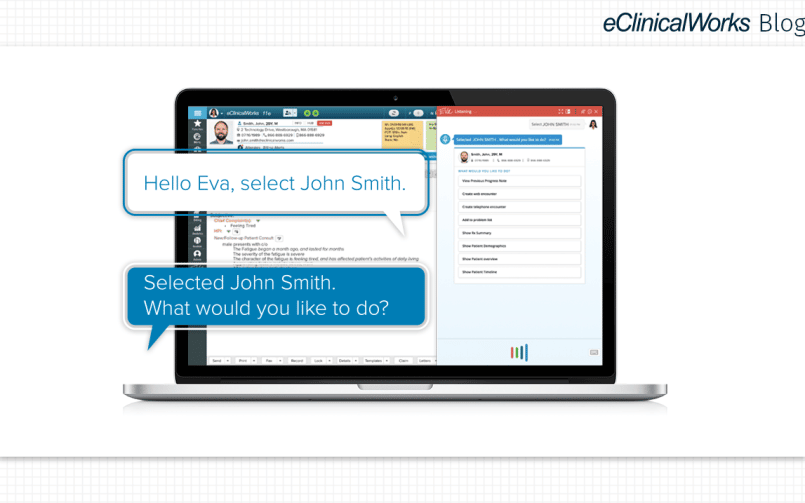3 Questions to Ask When Switching EHRs
- 4 October 2019
- Blog
eClinicalWorks
After a long and stressful day, you finally sit down, kick back, and start up the new video game you picked up. A black screen accompanies a sprawling medieval-inspired score and the rhythmic clacking of a horse speeding across a cobbled street. You wait. A white bar appears and then crawls slowly across the screen. Your eyelids grow heavier. As you get up to shut off the console, the screen changes to an armored knight riding his horse in circles without your guidance. A second later, the screen buzzes out, the music swells, and the game shuts off.
Now, imagine if the functionality of the software you use affected patients in the same way as a broken video game.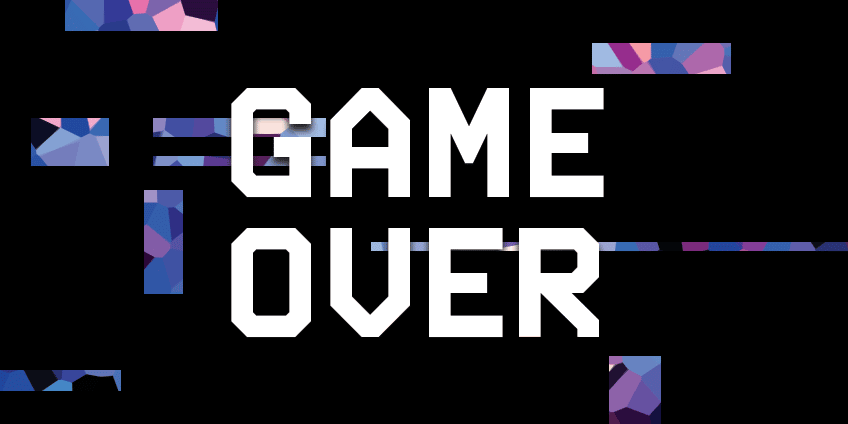
Selecting an optimized EHR could save you and your organization from many headaches in the future. Here are 3 questions to help you decide if it’s time to switch to an optimized EHR:
1. Is your EHR up-to-date?
The healthcare industry is constantly evolving and changing to meet the needs of patients. Is your EHR company doing the same? If there’s a bug that is affecting the performance of the software, do patches become available to fix the problem? If so, is it done quickly and efficiently?
2. Does your EHR run efficiently?
No one should have to settle for a clunky EHR. As patients continue to become better informed and appreciative of excellent patient-provider communication, more time should be spent helping and speaking with them directly. Staring at a computer screen waiting for each new section of an EHR to load up or function properly will not make them feel connected to you or your practice.
3. Do you have the help you need?
Proper training can transform your practice. But a team of optimization specialists could offer you the additional training or support that could make your experience an even better one.
Back to the game
The next day, you call customer support and realize that a patch is coming out to fix the functionality of the game you were playing last night. You decide to give it one more shot. You sit down, kick back, and once again start the game up. The music starts and the screen transitions to a fully armored knight standing still on his horse waiting for your command.






